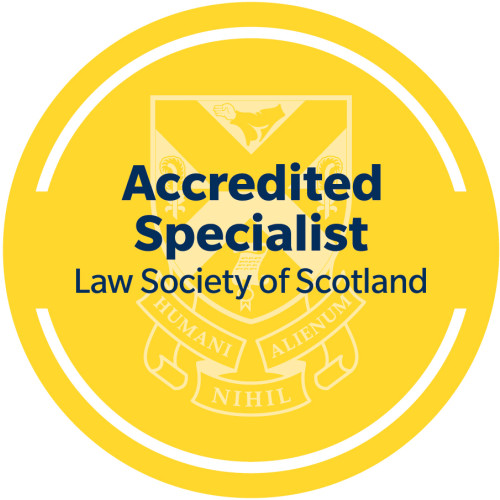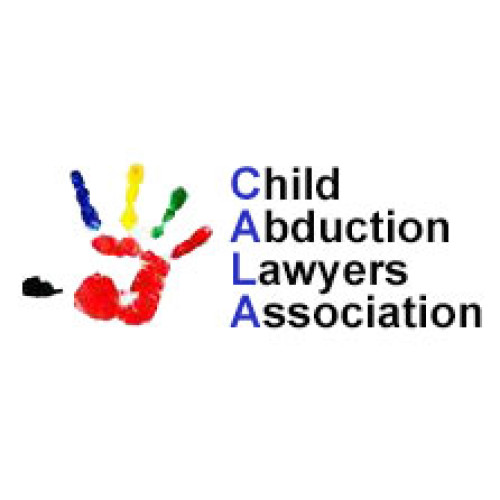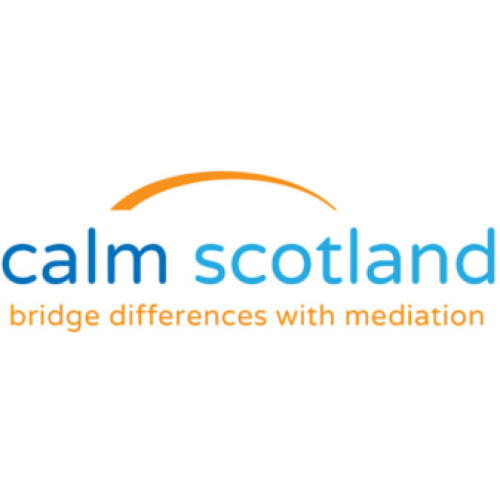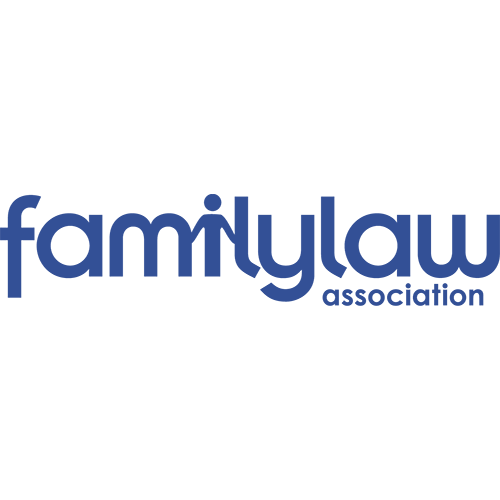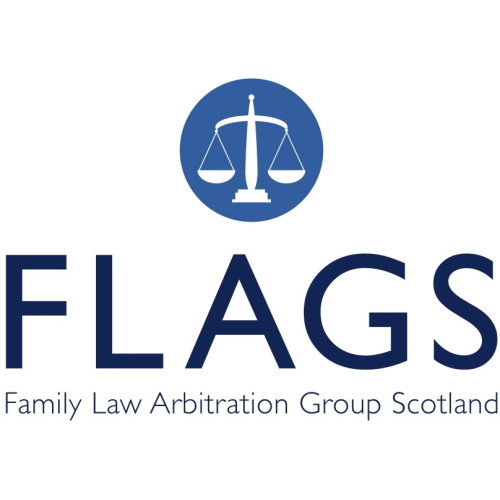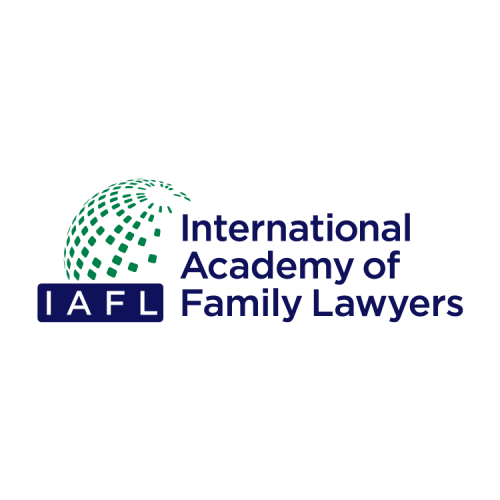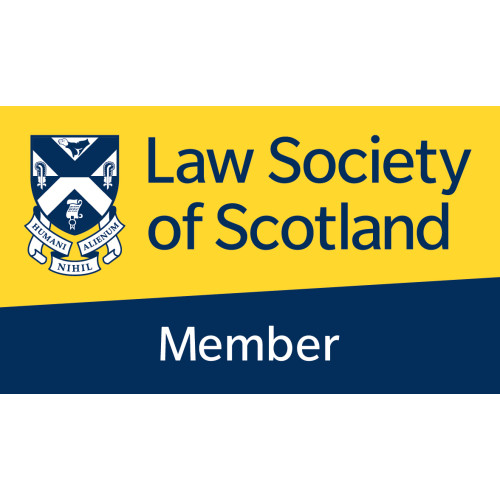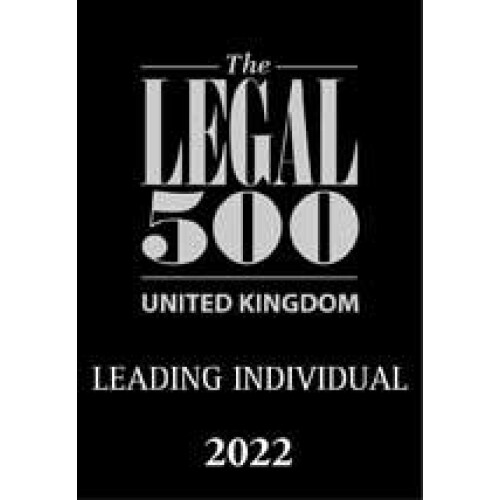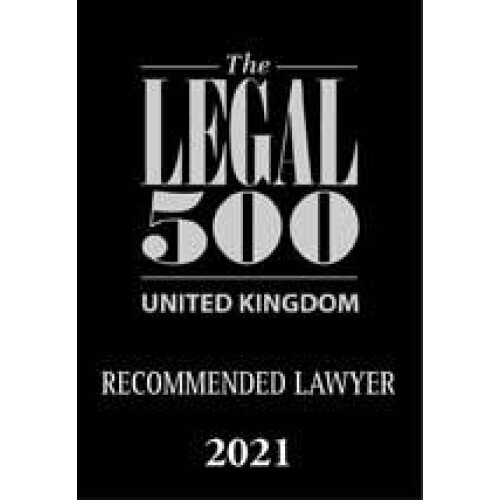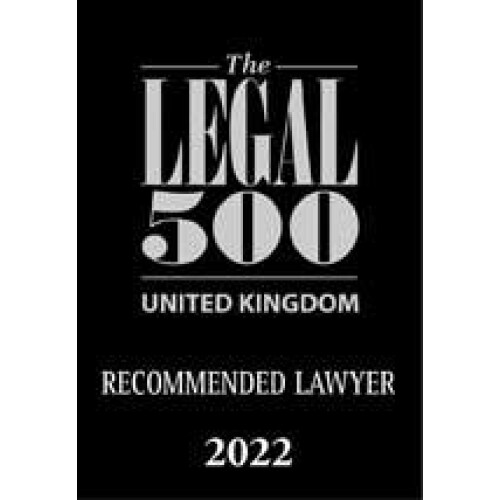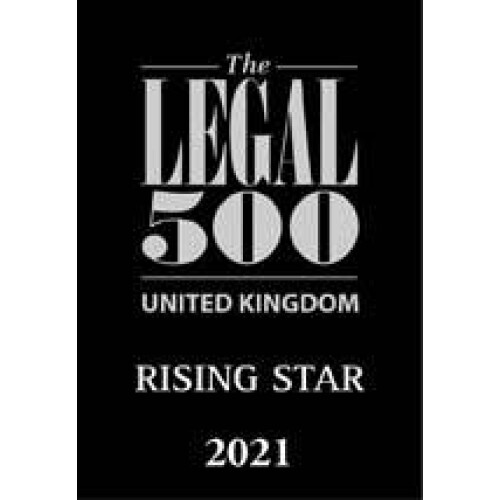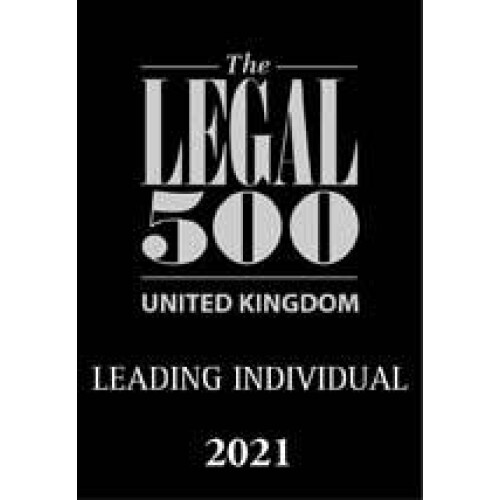Parents affected by the failings of fertility clinics in Scotland
8th April 2016
This week saw judgment issued in the case of In the Matter of the Human Fertilisation and Embryology Act 2008 (Case G) [2016] EWHC 729. The judgement is a postscript to the much publicised decision of the President of the Family Division of the High Court of Justice of England and Wales, In the Matter of the Human Fertilisation and Embryology Act 2008 (Cases A,B,C,D,E,F,G and H) [2015] EWHC 2602 (see our news post for 12 September 2015) and brings to a close the first tranche of applications to the court for declarators of parentage arising from the failure of fertility clinics to ensure that the unmarried partner of a mother having a child using donor sperm would be the legal parent of that child.
In Case G, as in the other seven cases previously decided, the court was satisfied that declarator could be granted notwithstanding the fact that written forms of consent completed by both partners prior to fertility treatment - a necessary element of establishing legal parentage - were deficient. The particular problem in Case G was that the partners had signed the ‘wrong’ forms. The mother had signed the form intended to be signed by the ‘other parent’ and the ‘other parent’ the form intended for the mother. The situation was further complicated by the fact that the mother was in a civil partnership with a third party at the time of her treatment, which meant the court had to be satisfied that her civil partner had not consented to being the child’s parent. Fortunately the civil partner was fully cooperative and supportive of the application.
The judgment comes shortly after a Scottish Court considered these issues for the first time. In February, in a case in which SKO acted for the applicant (unreported for reasons of confidentiality), declarator of parentage was granted in the Court of Session with the presiding judge approving the decision of President of the Family Division in Cases A-H. Some emphasis was placed by the judge on the desirability of keeping the law in this area in step on both sides of the border.
From a Scottish perspective, perhaps the most interesting aspect of the new decision in Case G is that the court had specific resort to the English equitable doctrine of rectification to remedy the incorrectly completed forms. No such equitable remedy exists in Scots Law. There is however a statutory power to rectify. Although in deciding the Scottish case the court did not require to have resort to that power, further cases which are likely to be brought may require the court to exercise this statutory remedy.
SKO act for a number of parents affected by the failings of fertility clinics in Scotland and we expect further applications to be considered by the court over the coming months. More cases are also pending in England and Wales.
Contact Robert Gilmour for more information.

